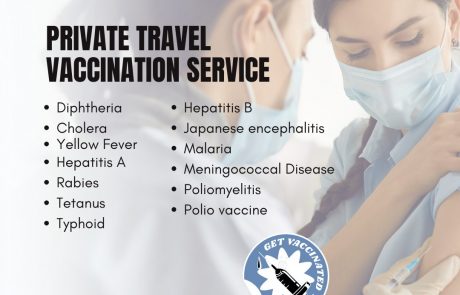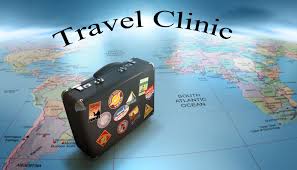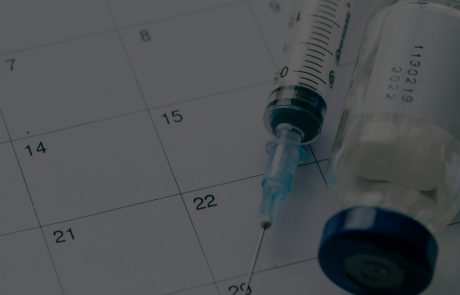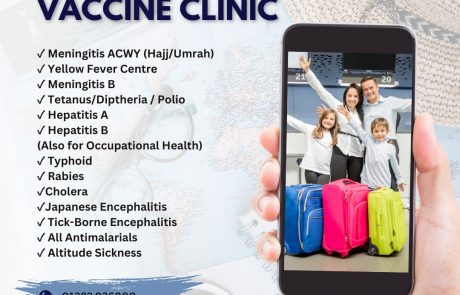Malaria Travel Advice and prevention
Malaria Travel Advice and prevention
If you’re looking to travel abroad and need guidance on the vaccinations that you require, simply visit the below link and check which vaccinations you require.
Our team of professional doctors located Nationwide are on hand to assist with your vaccination requirements.
Malaria Travel Advice
Malaria is a serious and potentially fatal disease, transmitted by the bite of an infected mosquito. It is caused by a type of parasite known as Plasmodium. The disease is found in more than 100 countries of the world, mainly throughout tropical regions of the world including in parts of Africa, Asia, Central and South America, the Caribbean, the Middle East and Oceania.
All travellers visiting areas where malaria occurs are at risk of acquiring the disease, particularly migrants to the UK who were born in malaria risk areas and return to visit friends and relatives in their country of birth. Any immunity travellers may have acquired in their country of origin wanes rapidly on migration to a country with no risk of malaria; their UK-born children will have no protection from the disease. Certain travellers are at increased risk of severe disease such as: pregnant women, those with an absent or poorly functioning spleen, children and older travellers.
Symptoms
The symptoms of malaria can develop as quickly as seven days after you are bitten by a mosquito, although sometimes it can take up to a year for symptoms to develop. Initial symptoms are flu-like and typically include: fever, headache, vomiting, muscle aches, and diarrhoea. The most serious type is Plasmodium falciparum. If not treated promptly, this can lead to breathing problems and organ failure leading to death.
Malaria Travel Advice and Prevention
Prevention of malaria involves several steps. These steps can be remembered as the A, B, C, D of malaria prevention:
Awareness of the risk
Bite prevention (particularly at night time)
Chemoprophylaxis (use of appropriate malaria prevention tablets)
Diagnosis (prompt diagnosis and treatment)
Anti-malarials are usually recommended if you are travelling to an area where there is a risk of malaria. The type of anti-malarial depends on
Destination
age
Medical history including allergies
Current medication
Our specialist pharmacist will provide country-specific information on malaria prevention medication.
All travellers should be aware of the signs and symptoms of malaria and should be advised to seek immediate medical attention if these occur either whilst abroad or up to a year after their return.
VACCINE PRICE LIST
| HEPATITIS A | £45 |
| HEPATITIS B | £35 per dose |
| TETANUS / DIPTHERIA / POLIO | £30 |
| TYPHOID VACCINE | £30 |
| TYPHOID ORAL | £30 |
| YELLOW FEVER | £65 |
| RABIES | Available upon request – subject to availability |
| CHOLERA ORAL | £60 (2 doses) |
| JAPANESE ENCEPHALITIS | £170 (2 doses) |
| MENINGITIS – ACWY | From £45 |
| TICK BORNE ENCEPHALITIS | £55 per dose |
| HEPATITIS A PAED | £35 |
| HEPATITIS B PAED | £25 |
| HEPATITIS & TYPHOID COMBINATION | £70 |
CERTIFICATION
| First Certificates | FREE |
| Duplicate Certificates | £25 |
| Duplicate Yellow Fever Certificate | £25 |
Antimalarial – per tablet
| ATOVAQUONE / PROGUANIL 250mg / 100mg | £1.75 |
| DOXYCYCLINE | £0.45 |
| MALARONE 12 | £2.75 |
| MALARONE PAED 12 | £1.75 |
| MEFLOQUINE (LARIAM) | £2.80 |
| PALUDRINE | £0.25 |
| CHLOROQUINE | £0.65 |









